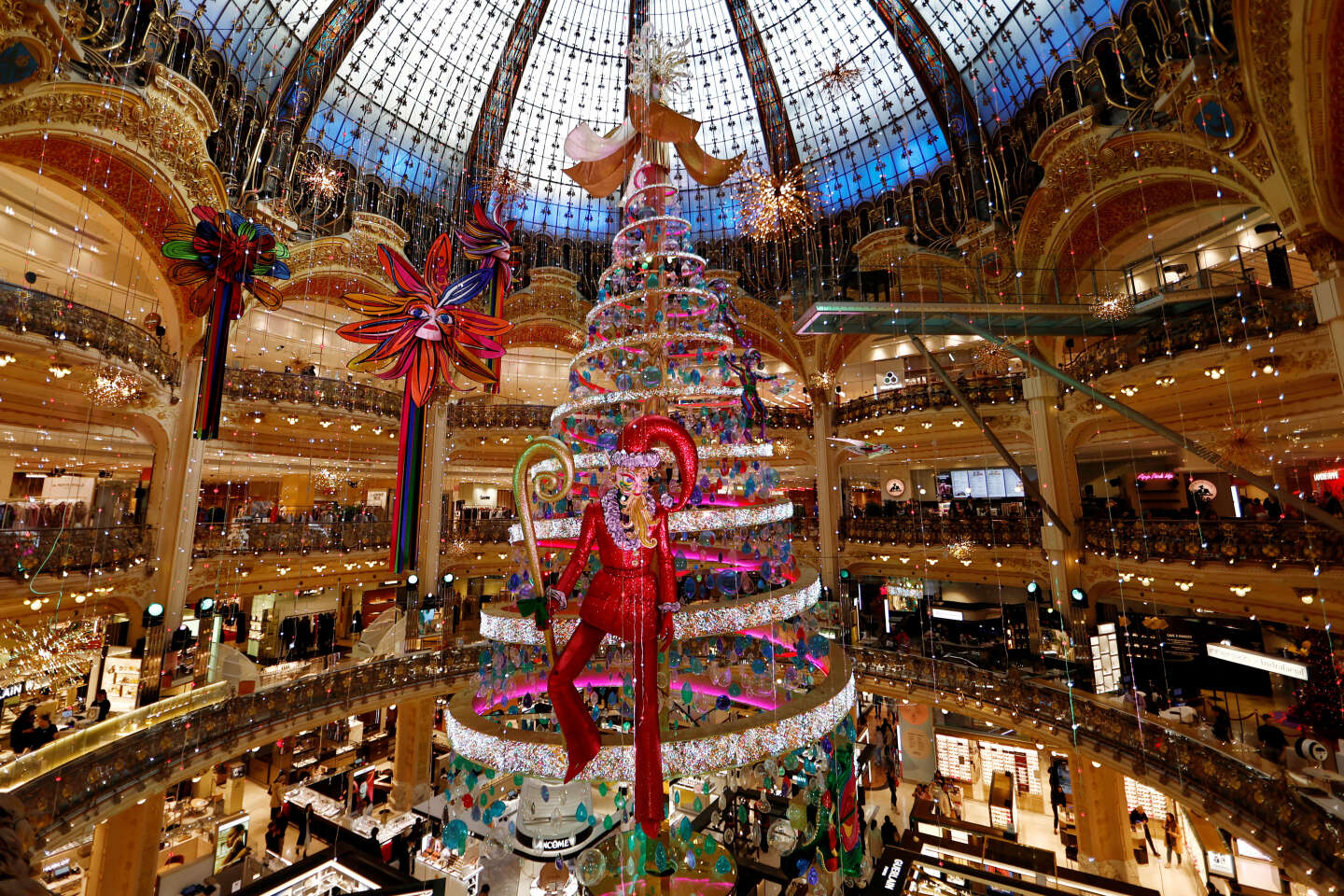


This will be the first Christmas under peak inflation, and will be a test for retailers selling non-food goods. Online product sales have been stagnating for the past year, and were down 1.5% in the third quarter, according to the Fédération du E-Commerce et de la Vente à Distance (the Federation of E-Commerce and Distance Selling, FEVAD). As for stores specializing in gifts, toys and leisure chains (both brick and mortar and online), they plummeted by 4.5% in value between January and October compared with 2022, according to the Fédération du Commerce Spécialisé (the Federation of Specialized Commerce, PROCOS), despite a slight improvement at the end of the period.
Against this backdrop, the question on every retailer's mind is: Will consumers break their piggy banks this holiday season? After all, they're starting their shopping now, with Black Friday, the period of special offers from the USA, which reaches its climax on Friday November 24.
If retailers want to know how much money households have planned for the festive season, it's not certain that the many surveys on the subject, which all claim to be based on a representative sample of citizens, are very enlightening.
The French plan to spend an average of €549 (including gifts and meals), "a relatively stable amount compared to 2022 [€568]," explains a CSA survey for Cofidis. Those polled in the Toluna Harris Interactive survey, conducted in partnership with Fevad, are giving themselves just €369 for gifts and other preparations. The Christmas budget dropped to €223 in the Kantar Barometer for eBay, and to less than €199 in the YouGov survey commissioned by PayPal. With spending forecasts varying to this degree, retailers are operating in a fog of uncertainty.
Save money
However, one thing seems certain: The French will continue to make choices, as they did throughout 2023. First and foremost, they will base their gift purchases on price, a criterion that tops the list of the most important factors, according to the 17th annual Christmas shopping survey by Accenture (which is not a polling institute, but an international consulting firm).
"Retailers can still be optimistic, as consumers still intend to shop," says Laurent Thoumine, head of European retail, fashion and luxury at Accenture, even though "the way they use their budgets will probably be different from past years."
Indeed, pollsters agree on one clear trend: When it comes to holiday shopping, the big fad of 2023 will be the frantic quest for purchasing power. To save money, a good half of consumers will turn to second-hand gifts (54%, up 4 points since 2018), according to the Kantar barometer for eBay.
Others will reduce the cost of the holiday meal, like 36% of French people in the Havas Market with YouGov study. Some, finally, will resell their gifts after the holidays: 34%, according to the Toluna Harris Interactive-Fevad study, and 15% will do so in order to supplement their income, even if they like their presents.
